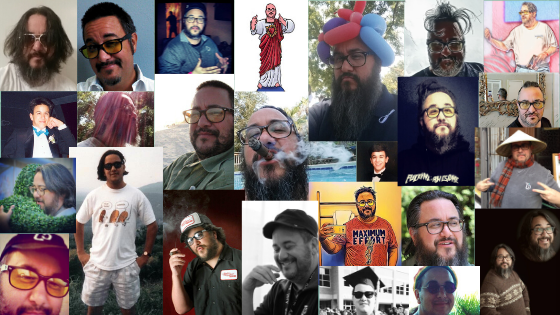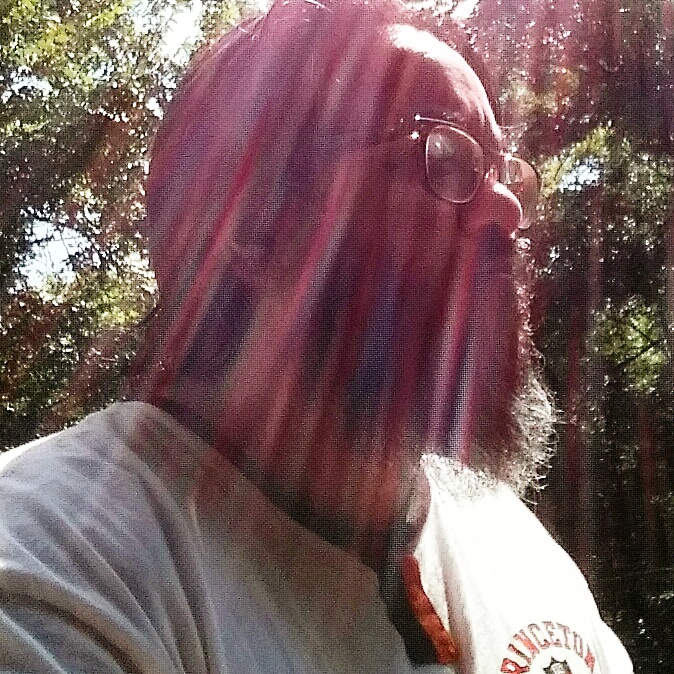I’m looking for three major Talent Acquisition Trends to occur (or further develop) in 2020. In no particular order…
Talent Acquisition is more thoughtful about candidate micro-experiences.
The candidate experience has been talked about in one form or another for years. Here are 4 that we’ve shared previously. That’s a nice umbrella but it’s just an umbrella. Turns out, when you turn an umbrella upside down you discover to a ton of moving parts. For folks involved in the hiring process, those parts are micro-experiences. For instance, as a candidate, you receive a DocuSign offer letter.
Sign here, thanks for playing.
That’s about as sterile as it gets. Now, the same situation, I’ve learned (because I asked questions about your hobbies and such whilst getting to know you) that you love growing exotic variations of roses. Now I’ll send your offer letter via FedEx with 10 packets of exotic rose seeds. It’s personal. It’s scalable. It’s ridiculously lazy not to care enough to dazzle candidates at each and every turn in the hiring process.
Dazzle. That’s the game.
Turns out, we’re in the dazzle business.
We learn that speed eats quality for a late brunch.
Okay, I have your attention. I’m not talking about “time to fill” metrics. Yawn. I’m talking about how our candidates are faster than we are. We find them. We reach out. We fumble along with our normal hiring process and that wonderful candidate that you fell in love with has three offers already and has picked one of them. She starts at NewCo on Monday.
It’s okay to cry sad panda. We should all mourn the loss and then create ways to get faster.
We need to analyze how fast each step in our hiring process is AND how we can make it faster. Think of your hiring process as a 4×100 relay and the finish line is the candidate. We have to be faster than all the other teams racing to the finish line.
If you like losing, don’t change a thing. Meritocracy loves the company. Candidates are decidedly faster than we are. Repeat that 100 times before you go to bed tonight.
We finally discover that the link between recruiting and HR is closer (not further) to one another.
Whoever thought that recruiting should or would break off and join marketing should be punched in the throat. Not once but at least 10 times. I’m not promoting violence, it was a dumb idea, to begin with, and candidates today have made it an even dumber idea.
Candidates ask HR questions whilst being interviewed by those that hire: what’s next (internal mobility), how are you going to make me better (training/learning & development) and how will you know I’m better than my peers (recognition, performance, feedback). These are old fashioned churched up HR questions. Full stop.
The problem that we must address is that the candidates aren’t going to change (if anything, they’ll ask deeper more probative HR questions without even knowing it).
Truth is, we have to change and get great at connecting the dots between these two disparate functions. Let me illustrate an example of connecting the dots. During the hiring process (again with the personal questions of candidates we aspire to hire) we learn that you as a candidate have two real passions:
- Drone racing
- Full-stack development
These are golden nuggets that we should pass to the L&D team so that while you’re in the midst of your onboarding process, a clear path development plan is already in place for both your personal and professional passions. See what I did there. I sneaked in personal passions. It’s our little secret but that’s what hardcore HR people call engagement.
Color outside the lines, it’s okay, I’ll write you a doctor’s note.
Lastly and most importantly, predictions are like assholes, everyone has them and they usually stink.
So, there you go.
Authors
William Tincup
William is the President & Editor-at-Large of RecruitingDaily. At the intersection of HR and technology, he’s a writer, speaker, advisor, consultant, investor, storyteller & teacher. He's been writing about HR and Recruiting related issues for longer than he cares to disclose. William serves on the Board of Advisors / Board of Directors for 20+ HR technology startups. William is a graduate of the University of Alabama at Birmingham with a BA in Art History. He also earned an MA in American Indian Studies from the University of Arizona and an MBA from Case Western Reserve University.
Recruit Smarter
Weekly news and industry insights delivered straight to your inbox.








